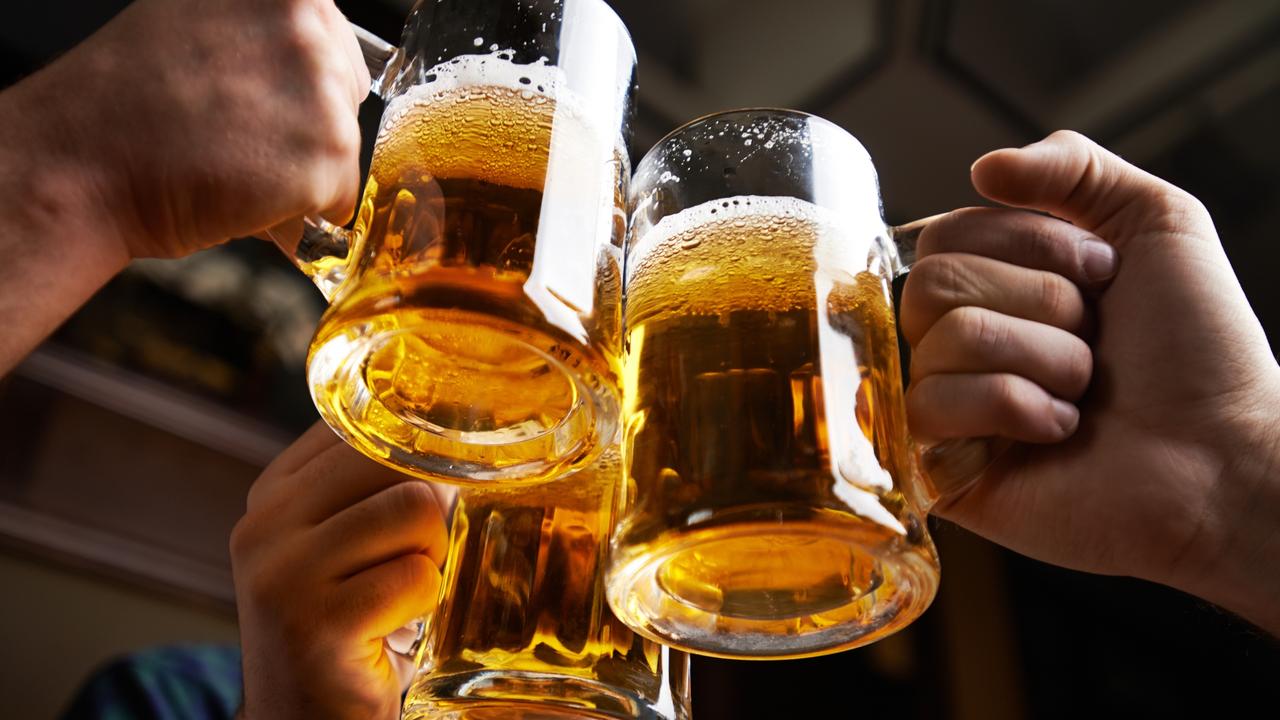Workplaces warned of the dangers of alcohol at the Christmas party
Do offices need to cut back on booze at work events? That’s a hard yes on the hard stuff, according to this survey about troubling workplace party behaviour.

Offices have been warned by multiple researchers that the alcohol so common at workplace events – such as the annual Christmas party – has consistently led to dangerous consequences for its employees.
In May, the BBC reported on a poll by the Chartered Management Institute (CMI) which said that a third of managers had seen some form of harassment or inappropriate behaviour at workplace events.
This caused the CMI to urge business to cut back on alcohol at parties, suggesting it “doesn’t need to be the main event”.
Meanwhile in October, a survey conducted by RANT Casino found that over 20 per cent of workplace affairs start at office events.

Jon Michail, group CEO of branding consultant Image Group International, told news.com.au about a case he knew of where a man was charged with rape after leaving a Christmas party with a co-worker for further drinks (the case was later dismissed).
“You can have the greatest standards and the greatest rules and things, [but] people will do whatever they think right, especially under the influence of alcohol,” he said. “In this particular case, [the business was] very loose with their standards. There was what I would call a bit of a ‘matey matey’ approach.”
Kathryn Elliott of the Alcohol Mindset Coach said that to many businesses, alcohol is “the hero of a lot of workplace celebrations and Friday afternoon drinks”, and that it’s a mindset that needs to change.
Ms Elliott is a certified coach for struggling alcohol users, and personally conquered her own addiction in 2019.

“What I have really noticed with the work that I do with clients is that often their workplace has been enabling their drinking, and then when something goes wrong, there’s nothing to see here,” she said.
“These are people often in high performing sales jobs, where you’re expected to use the company credit card and look after people. And then if something happens or things go wrong, there’s not a huge amount of responsibility taken.”
Over her years of working in the field, Ms Elliott found that workplace drinking is so common that “if you don’t drink, you’re boring” – and pointed out how often alcohol is used as a Christmas gift.
“There’s this belief that to really have a deep and meaningful conversation with someone, [you] need to have a few drinks as well,” she said. “[But] that’s just conditioned behaviour. Because we haven’t actually really practised being able to communicate vulnerably and emotionally without alcohol.”

Recently, experts in the field have talked about how workplace events can be used as secret evaluations of employees, which Ms Elliott considered to be an unfair practice.
“It’s not really the version of them that’s showing up at work. It’s the version of them that’s affected by alcohol,” she said. “Ultimately, it’s a drug. It’s highly addictive.”
“I think without excessive drinking at some of these events, people wouldn’t make the choice to have affairs, or flirt or do things that are inappropriate. Of course, there are some who probably are not affected by alcohol … but I would suggest that in probably 50 per cent of the cases, there would be alcohol involved.”
Ms Elliott did not think alcohol could be eliminated from the workplace, but urged for steps to be put in place to protect workers from overindulging.
“Yes, it’s our personal responsibility, whether we choose to drink or not,” she said. “But there’s also a responsibility for the employer to have limits, and also have policies in place so that employees know about what expectations are.”





